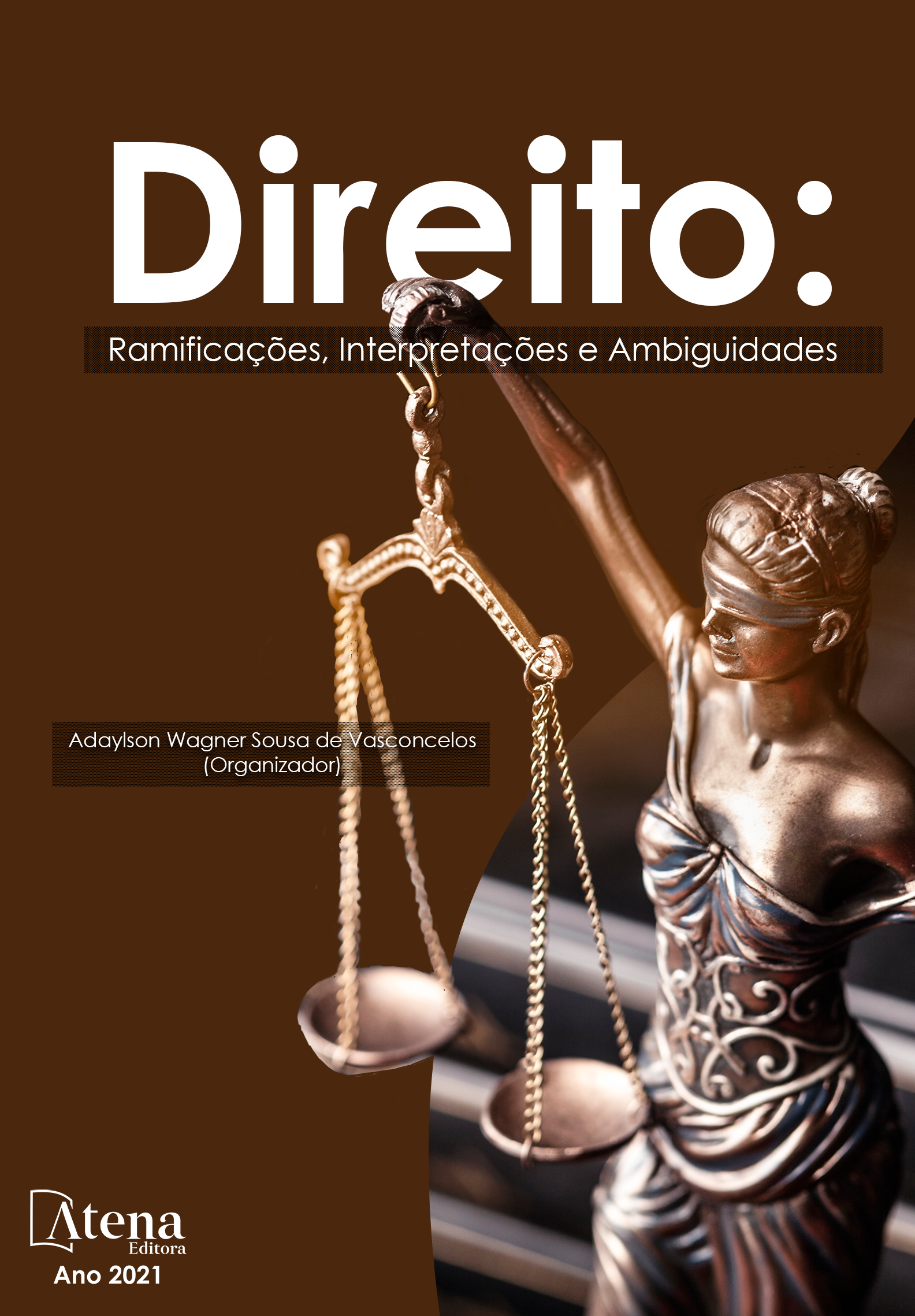
DIREITOS HUMANOS, EDUCAÇÃO PARA A PAZ E COMUNICAÇÃO CONSTRUTIVO-HUMANIZADORA EM LÍNGUA PORTUGUESA Uma análise diacrônica e linguístico-intercultural de gêneros discursivos, para a superação de violências e a construção ético-pacifista de alternativas para um mundo melhor
A Educação em Direitos Humanos e para a Paz é um compromisso com a sociedade atual e com a própria construção de futuro. O presente artigo, de cunho eminentemente teórico e com poucas incursões ainda no campo prático, integra a dissertação de mestrado em andamento sobre Direitos Humanos e Educação para a Paz nas Escolas. O objetivo é abordar o tema de forma crítico-reflexiva, por meio da análise diacrônica e linguístico-intercultural de gêneros discursivos, consubstanciada numa ótica da Educação para a Paz e da Comunicação Construtivo-Humanizadora em Língua Portuguesa, visando à superação de violências e à construção ético-pacifista de um mundo melhor por meio do fortalecimento de uma Cultura de Paz e respeito aos Direitos Humanos na sociedade. Para isso, utilizamos as estratégias de métodos mistos sequenciais e concomitantes (CRESWELL, 2010: p.38-39), com amostra não probabilística e intencional.
DIREITOS HUMANOS, EDUCAÇÃO PARA A PAZ E COMUNICAÇÃO CONSTRUTIVO-HUMANIZADORA EM LÍNGUA PORTUGUESA Uma análise diacrônica e linguístico-intercultural de gêneros discursivos, para a superação de violências e a construção ético-pacifista de alternativas para um mundo melhor
-
DOI: 10.22533/at.ed.88521100311
-
Palavras-chave: Direitos Humanos; Educação para a Paz; Paz Comunicativa; Comunicação Humanizadora
-
Keywords: Human rights; Education for Peace; Communicative Peace; Humanizing Communication
-
Abstract:
Education in Human Rights and for Peace is a commitment to today's society and to the very construction of the future. This current article, of an eminently theoretical nature and with few incursions in the practical field, integrates the ongoing master's dissertation on Human Rights and Education for Peace in Schools. The objective is to approach the theme in a critical-reflexive way, through the diachronic and linguistic-intercultural analysis of discursive genres, embodied in the perspective of Education for Peace and Constructive-Humanizing Communication in Portuguese, aiming at violence overcoming and the ethical-pacifist construction of a better world through the strengthening of a Culture of Peace and respect for Human Rights in society. For this, we used the strategies of mixed sequential and concomitant methods (CRESWELL, 2010: p.38-39).
-
Número de páginas: 15
- Maria José de Matos Luna
- Marcelo Bernardo de Andrade


